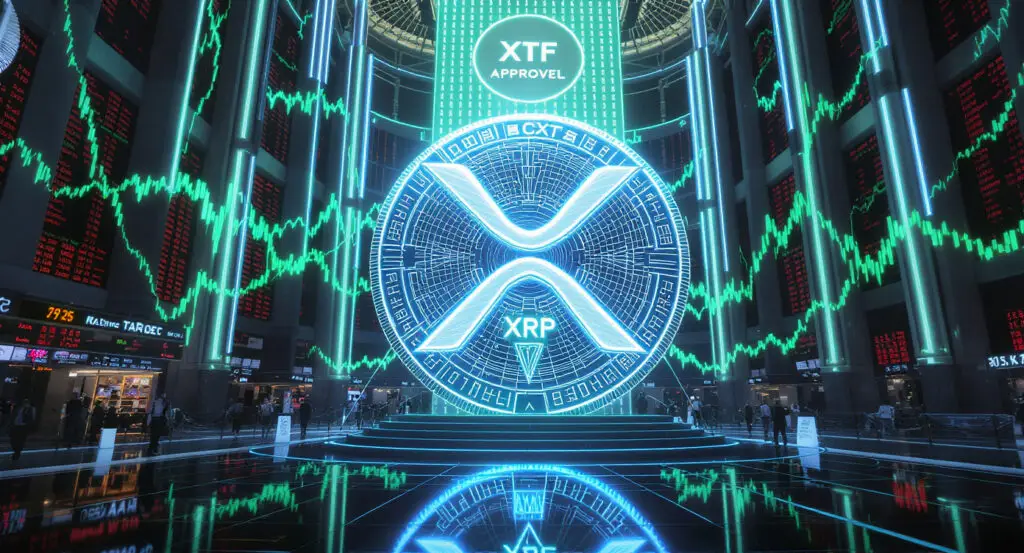The crypto ecosystem is witnessing evolving changes as financial institutions vertically integrate digital assets within their businesses. The new participant to join the party is Singapore Exchange (SGX), which has revealed plans to introduce Bitcoin perpetual futures before the close of 2025. This is a strategic move by one of Southeast Asia’s leading exchanges. It shows the heightened global interest in cryptocurrencies among institutional and professional investors.
Geographical Diversification: SGX Enters the Bitcoin Derivatives Market
The announcement of perpetual Bitcoin futures is considered SGX’s notable expansion of the product suite. It places SGX on the map of other established financial institutions offering cryptocurrency products. Serving Singapore and Southeast Asia’s most active free trade zone, SGX is aligned with the rest of the world, offering a regulated platform for the trading of Bitcoin derivatives. Unlike traditional futures contracts that have a fixed expiration date, perpetual futures contracts enable investors to hold their positions indefinitely. Traders may only lose interest based on the price of Bitcoin.
Reinforcing Institutional Confidence: The Legitimacy of Bitcoin Assets
Industry pundits view SGX’s foray into the crypto derivatives space as pivotal in deepening Bitcoin’s acceptance as an investment-grade asset. Darius Sit, co-founder of QCP, a crypto-asset trading firm, opines that SGX’s Bitcoin offering will convey a powerful message to institutional clients and potentially alter their view of Bitcoin from speculative to professional investment consideration.
Supporting this view, Ong Chengyi, Chainalysis’ APAC Policy Lead, described the decision as a notable step towards the more permanent positioning of Bitcoin in the investment-grade asset class and its inclusion among institutional investors’ diversified portfolios.
An Attractive Proposition: A Regulated Substitute for Traditional Finance
Shi Le, managing director at Auros, a crypto trading firm, noted the ubiquity of perpetual futures in cryptocurrency trading. He nevertheless asserted that a critical component is the regulated substitute that SGX’s upcoming product offers. Due to the orderly and structured nature of traditional exchanges, this regulated Bitcoin perpetual futures contract has the potential to attract many who come from traditional finance and have circumvented unregulated crypto avenues due to the lack of oversight.
Hedging and Risk Mitigation: Tools for Institutional Investors
Moreover, market analysts think that Bitcoin perpetual futures offered by SGX could be a useful hedging option for institutions. Just like ETFs (exchange-traded funds) opened the doors for the broader investing public to access cryptocurrencies in a regulated environment, these perpetual futures could assist institutions in hedging Bitcoin volatility that their numerous possessions thrust them into.
In addition, Ong Chengyi has pointed out that SGX’s Bitcoin perpetual futures will allow institutional investors to transparently trade into cryptocurrencies while settling counterparty risk concerns, which are very important for traditional financial market players.
Prioritizing Stability: Risk Management and Regulation
As Griffith and Bogardi remark, simultaneous ESG imperatives of the exchange prompt them to offer new products that cater to diverse institutional portfolios.
Risk management and the reputation of the market are what SGX is focusing on as it launches this new product. Etelka Bogardi of Norton Rose Fulbright commented on the restrictive procedures The Exchange has to work under Singapore’s Securities and Futures Act. These comprise the application of leverage restrictions, required margin levels, defined terms of the contract, and high standard clearing controls, which may endanger smooth operations of the market.
Looking Ahead: A Catalyst for Further Innovation
As we now witness prominent crypto custodians, including Standard Chartered and Fidelity, SGX’s perpetual futures entry could signal the start of something bigger. The introduction of this product may trigger further interest from institutional investors and could stimulate the creation of more sophisticated crypto products within regulated jurisdictions around the globe. Darius Sit from QCP reasonably summarized it, “Hopefully, this is the first Bitcoin product of many to come.”















